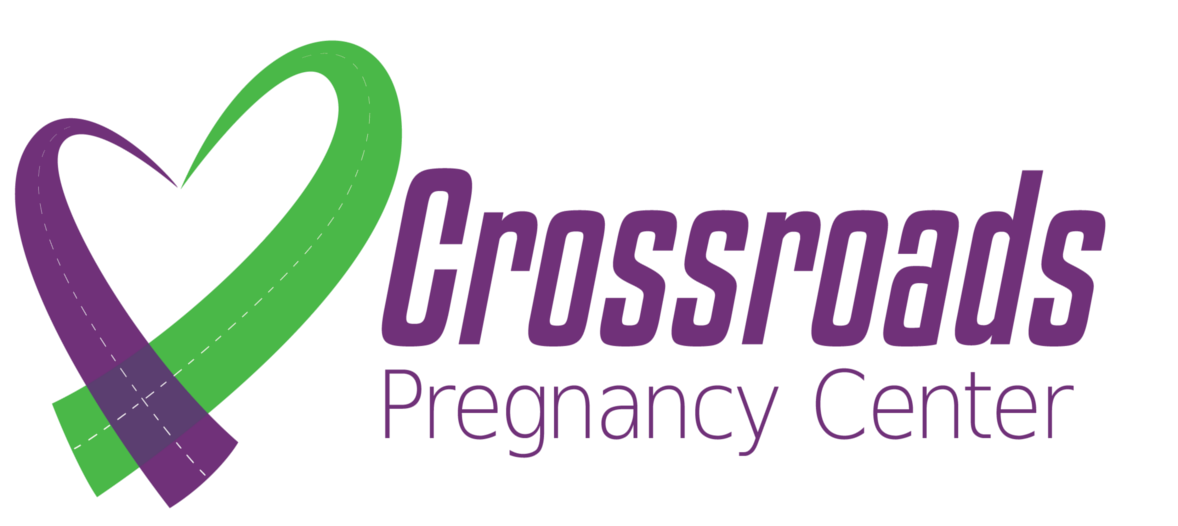An “unrighteous” approach
It was one of those things that just came out of my mouth. Perhaps I’ve heard it before, I don’t know. I googled the phrase and couldn’t find anything, so I’ve done my due diligence, hoping I didn’t plagiarize anyone.
Jenn and I were talking over coffee (coffee, as many of you who read this column know, is an “idea starter” for me), and somehow the word “righteousness” popped up. Don’t ask me how, I don’t remember. But we hear a lot about “standing for righteousness,” and that’s not a bad idea. We don’t want to be on the side of unrighteousness, correct?
But as I look at the mission of the pregnancy help community, “righteous,” “holy” and similar words don’t perfectly fit our approach. While these words should be accurate descriptors of the lives we lead, our approach is more like that of Jesus (I hope), who was accused of being both unrighteous and unholy by the religious leaders of the day.
One of the reasons Jesus was so reviled by those in charge was that, instead of focusing on the “righteousness” issues they thought so important (washing of hands, staying away from the “sinners,” stuff like that), Jesus attracted the outsiders. The hurting, the emotionally wounded, the broken—these people chased after Jesus and hung on his every word.
These “sinners” knew they had issues. They weren’t defensive, didn’t spend time debating their lifestyles. They simply wanted hope. And boy, did Jesus deliver.
He delivered this hope by spending time with these outsiders. By talking with them. By healing them and letting them know God had not forgotten them. These outsiders—to Jesus—were his focus, and he never dismissed them as second class.
“If the Christian community is to be successful, we must do less ‘standing for righteousness’ and more ‘sitting with brokenness.’”
As Jenn and I talked about how Jesus connected so well with so many, we happened upon a phrase which makes a lot of sense, at least to us. Here goes . . .
“If the Christian community is to be successful, we must do less ‘standing for righteousness’ and more ‘sitting with brokenness.’”
The same phrase works for any issue or social challenge we tackle as Christians, doesn’t it?
I’ll be the first to admit, when an issue pops up, I’m tempted to quickly make sure people know which side I’m taking. When it comes to issues the pregnancy help community faces each day, it’s easy for me to stake out ground and say, “I’m opposed to sex outside of marriage,” or, “there’s no justification for abortion at any time.” Both are true, certainly.
But . . . when connecting with someone facing these very issues, our opinion has no bearing until we’ve spent time understanding the “why’s” he or she deals with each day. Understanding a person’s circumstances and background doesn’t change the truth, but it does provide tremendous perspective on how to approach any situation.
For instance, we might all agree that Jesus never said sex outside of the marriage bond was “okay.” He even had challenging words regarding adultery or even thinking in that direction. But isn’t it interesting that when Jesus met the woman at the well—who was living with a man outside of wedlock—we can’t find where Jesus called her out for her lifestyle choice?
Yes, Jesus pointed out “the man you are with now is not your husband.” But we don’t find the conversation where Jesus asks her to move and out consider God’s best for her relationships. It’s just not there. Instead, Jesus focuses on his identity and frees her to go tell this good news to those in her city.
It’s all about the approach. Jesus spent time with broken people. He listened. He spoke words of hope and gave the hurting opportunities to participate in a great endeavor to bring good news to the entire world. People like Matthew, Zacchaeus, Peter, and yes, a Samaritan woman at a well.
The pregnancy help community believes this. Here, grace and kindness lead the way—opening doors to fascinating conversations which change lives.
Sure, we believe in righteousness. No doubt, no question. And when forced to, we must stand. But we realize that if we are to be successful in reaching those we serve, our approach must be Jesus’ approach: Sit with the broken.
The better we sit, the stronger we will stand. Let someone call us “unrighteous” for sitting with the broken. If they do, we’re in good company. After all, they said it about Jesus—and we’re good with that.
This article first appeared in Pregnancy Help News. Used with permission.
Written by Kirk Walden, who was our Banquet speaker in 2015. Kirk now works with Heartbeat International as an Advancement Specialist and is author of The Wall.


